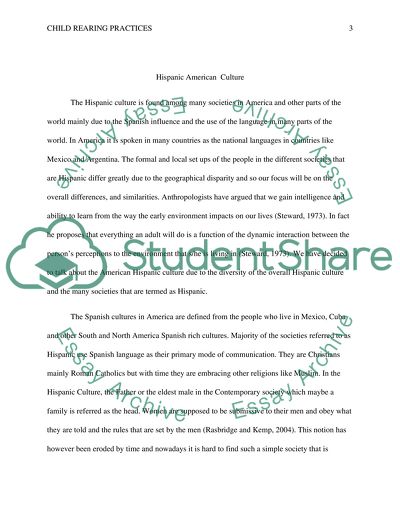Cite this document
(“Child-rearing practices the Hispanic and West Indies cultures Research Paper”, n.d.)
Retrieved from https://studentshare.org/culture/1641025-child-rearing-practices
Retrieved from https://studentshare.org/culture/1641025-child-rearing-practices
(Child-Rearing Practices the Hispanic and West Indies Cultures Research Paper)
https://studentshare.org/culture/1641025-child-rearing-practices.
https://studentshare.org/culture/1641025-child-rearing-practices.
“Child-Rearing Practices the Hispanic and West Indies Cultures Research Paper”, n.d. https://studentshare.org/culture/1641025-child-rearing-practices.


